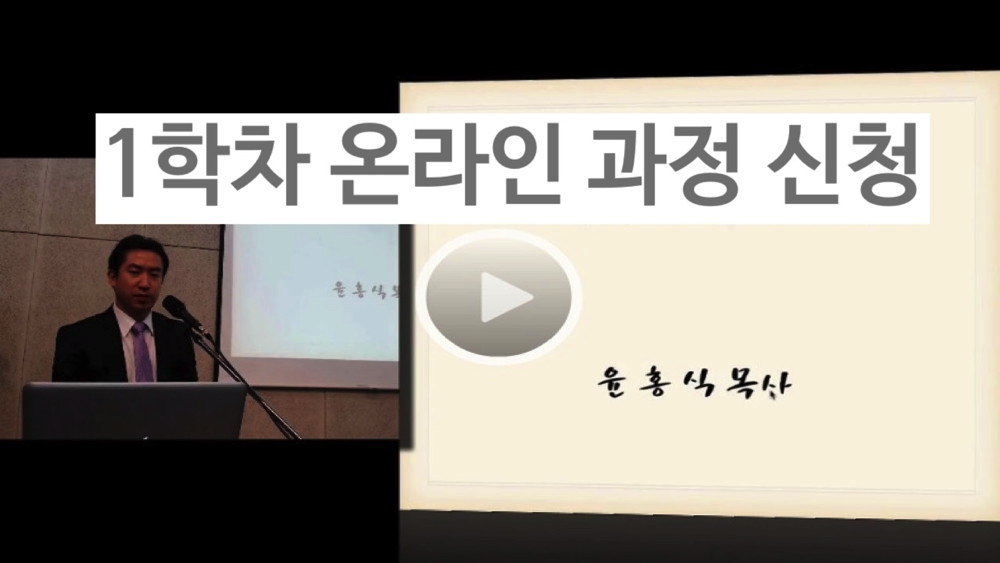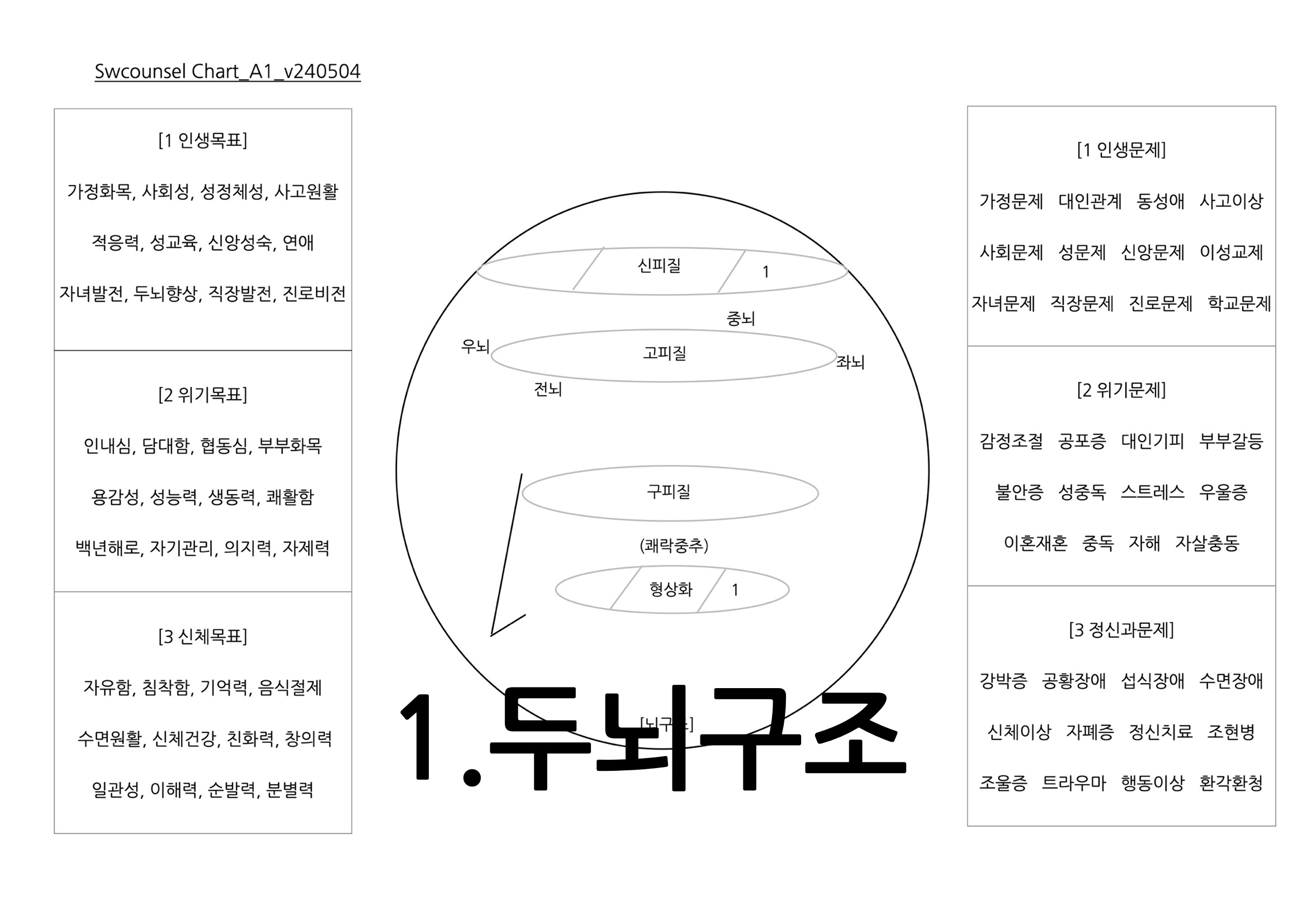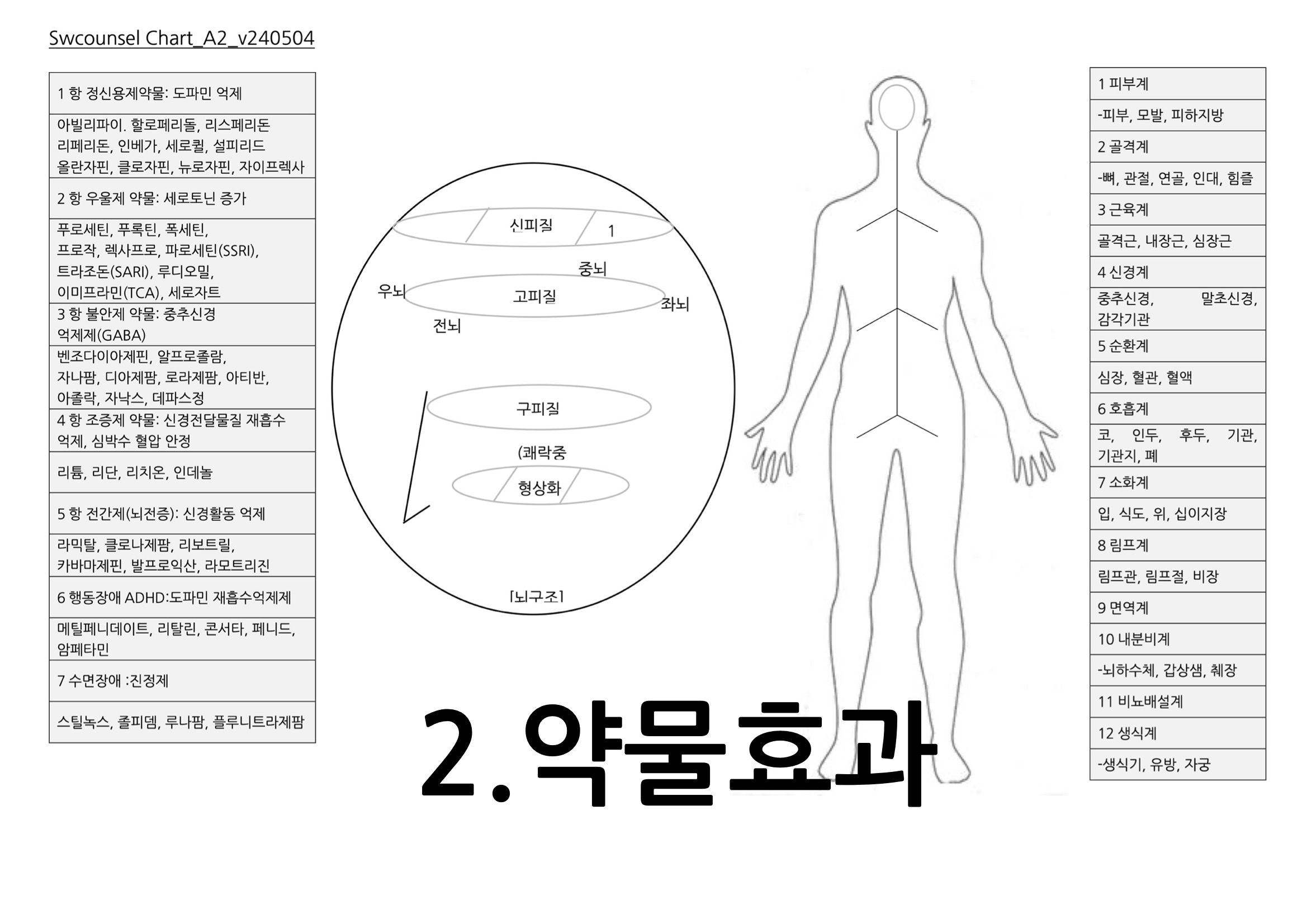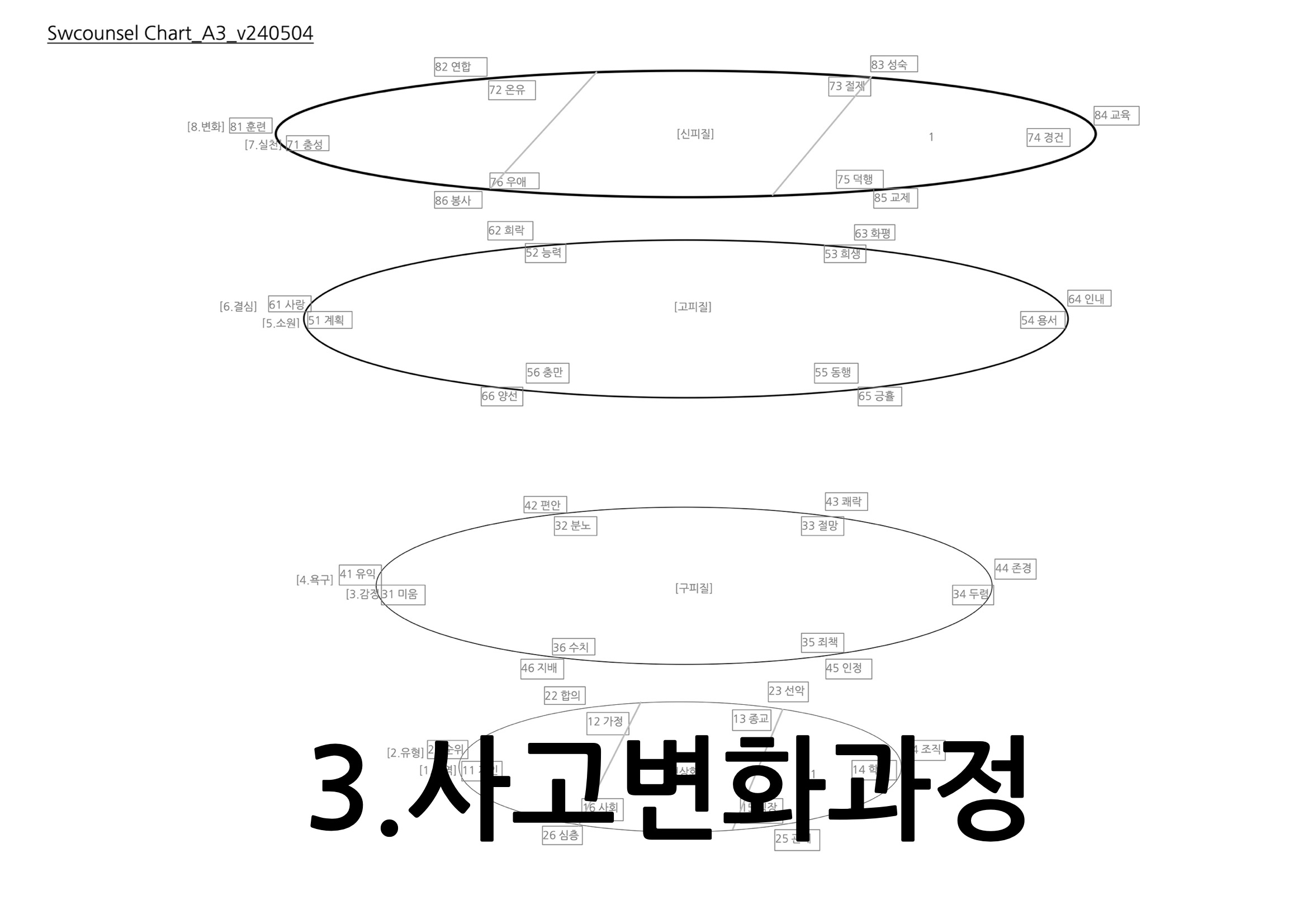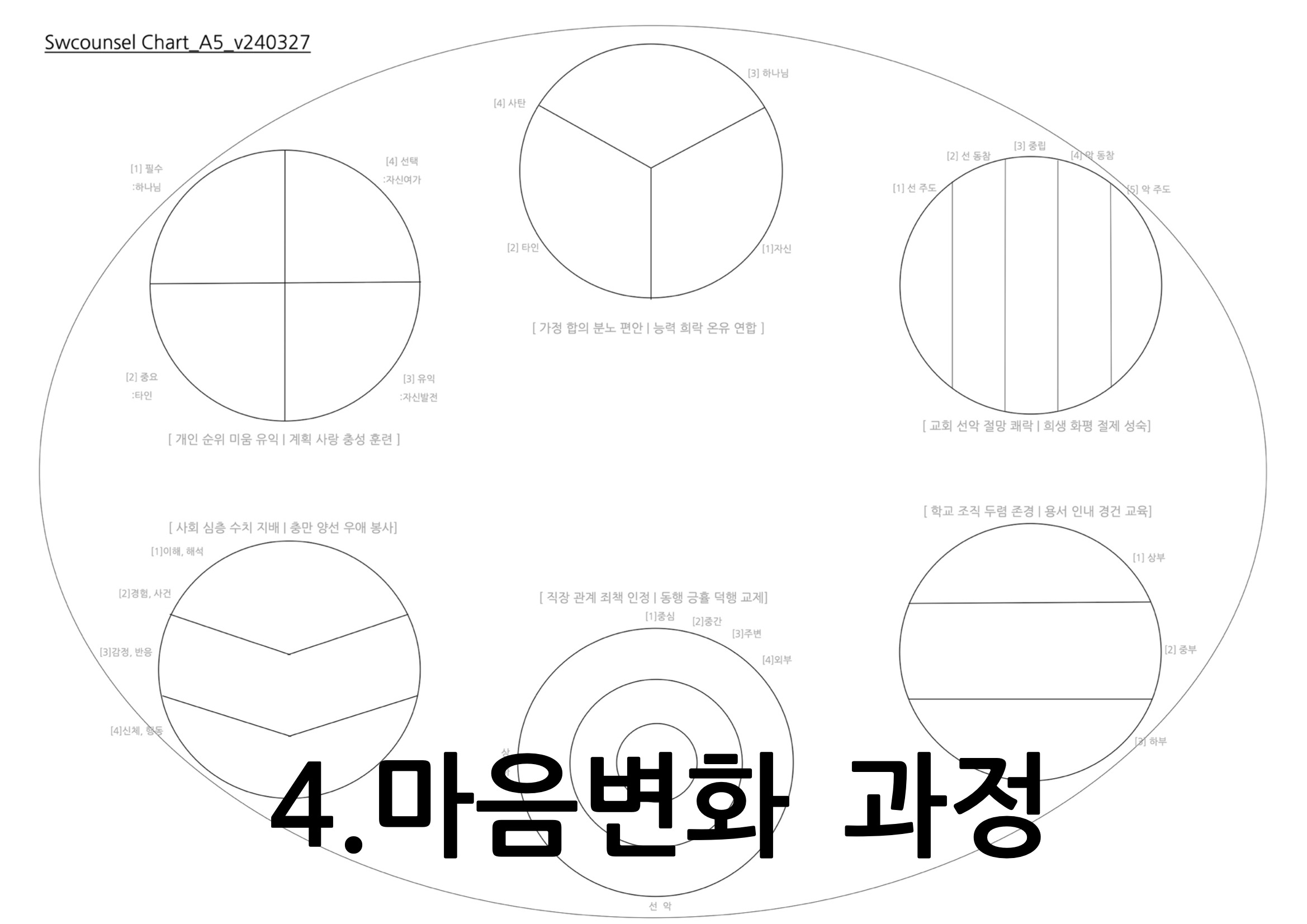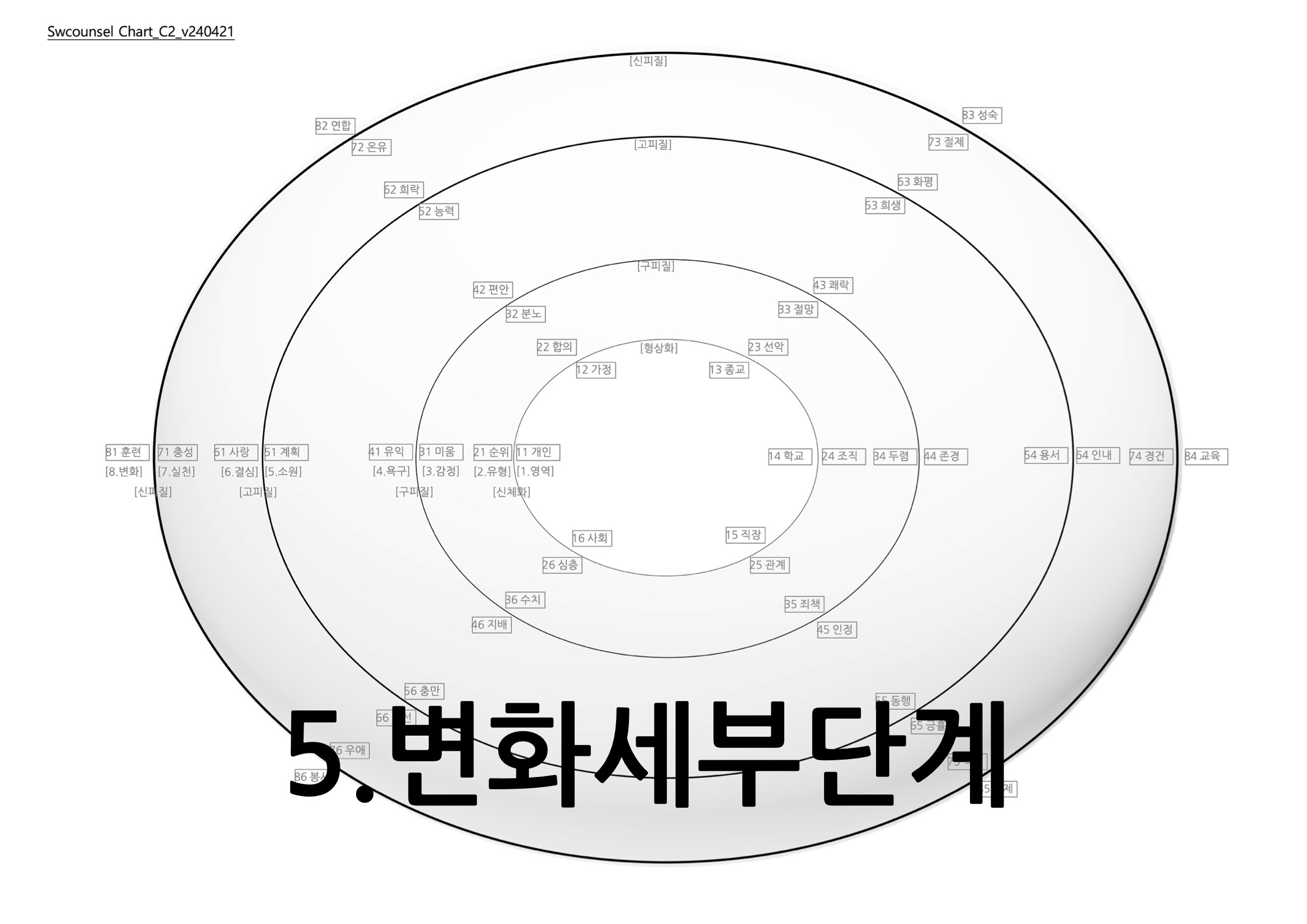WTS (미국 웨스트민스터 신학대학원) | CCEF (기독교 상담 교육 재단)
[CCEF] Marriage Counseling with Only One Person (Aaron Sironi and Lauren Whitman): Pre-Conference Options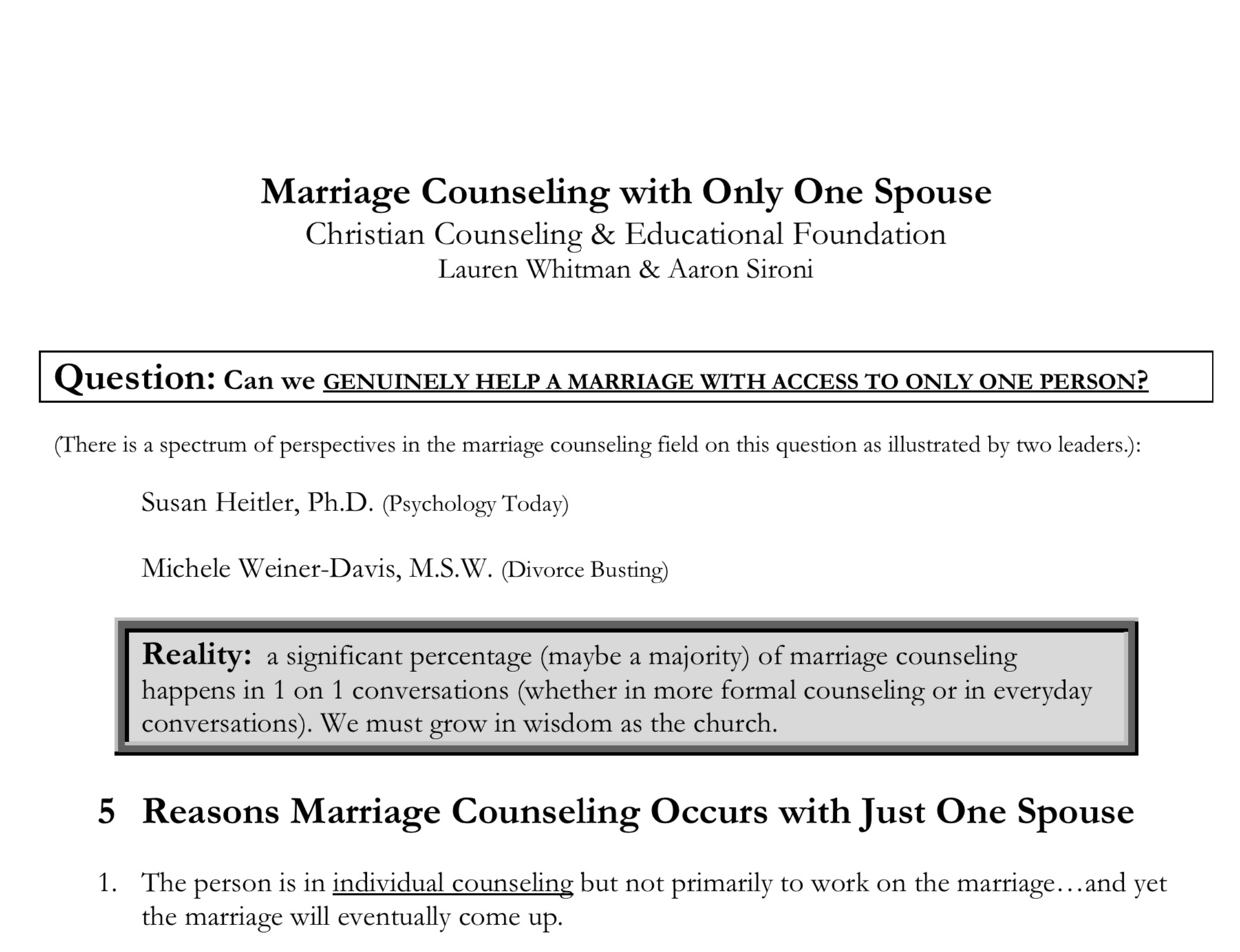 [크게보기] Marriage Counseling with Only One Spouse Christian Counseling & Educational Foundation Lauren Whitman & Aaron Sironi (There is a spectrum of perspectives in the marriage counseling field on this question as illustrated by two leaders.): Susan Heitler, Ph.D. (Psychology Today) Michele Weiner-Davis, M.S.W. (Divorce Busting) 5 Reasons Marriage Counseling Occurs with Just One Spouse
• Agendas (commitments significantly differ) • Affairs/Adultery 5. Theabsentspouserefusestocome. Question: Can we GENUINELY HELP A MARRIAGE WITH ACCESS TO ONLY ONE PERSON? Reality: a significant percentage (maybe a majority) of marriage counseling happens in 1 on 1 conversations (whether in more formal counseling or in everyday conversations). We must grow in wisdom as the church. 1 Question: When the absent spouse refuses to participate in marriage counseling, WHAT IS THE HOPE THAT WE HOLD OUT TO THE PRESENT SPOUSE ? Reality: when a spouse confides in you about marriage problems, it is very likely that this is a warning sign that his/her marriage is in serious jeopardy. Reality: It’s likely that the person confiding in you is spiritually desolate (hopelessness & fear) as well. QUESTION: How do we hold out hope—genuine, bedrock hope—that encourages individuals who live without reciprocated/mutual love and care in their marriages? [Living out of passages that portray stark contrasts in marital love.] “GOD HAS BEAUTIFUL PURPOSES FOR DIFFICULT MARRIAGES” “Husbands, love your wives as Christ loved the church and gave himself up for her.” Ephesians 5:25
1st Peter 3:1-6 Table Discussion:
2 Disadvantages & pitfalls of counseling one spouse
3 4 Pitfalls: 4 2. The Log in Your Counselee’s Eye Grows 3. The Counselor is Inducted into the Counselee’s [incomplete] Perspective 5 4. The Intimate Conversations with the counselor Fills a Relational Void, which Demotivates the counselee to Make Changes in the Marital Relationship Table Discussion:
6 Counseling Goals from 1st Corinthians 8-10 Buying/Eating Meat Sacrificed to Idols A Framing Lens for Marriage Counseling w/Individuals Contextual Notes: the “knowledge” group vs. the “weaker-conscience” group of believers The Corinthians want Paul to weigh in on the substantive issue. But Paul is not content with giving them simple rules and straight forward advice (dos and don’ts). • Help this person think through his/her marriage relationship and what it means to love and serve the Lord in that relationship. Paul doesn’t take sides but deeply identifies with the weaker-conscience group and sees them each as having vulnerabilities and temptations.
7 Table Exercise: • Take a moment to read the following (4) groupings of questions. Hone in on 1 group and apply these questions to your own marriage or closest relationship. The goal is not only to consider the other person’s perspective and experience of being in close relationship with you, but foster humility, wisdom, and love. Big Picture Questions: Here we’re trying to access “below the line” experiences, emotions, and desires (for the absent spouse)
Pursuing Reconciliation Questions:
“So whether you eat or drink or whatever you do, do it all for the glory of God. Do not cause anyone to stumble, whether Jews, Greeks, or the church of God—even as I try to please everyone in every way. For I am not seeking my own good but the good of many, so that they may be saved. Follow my example, as I follow the example of Christ.” 9
| |||||||||||||||||||







